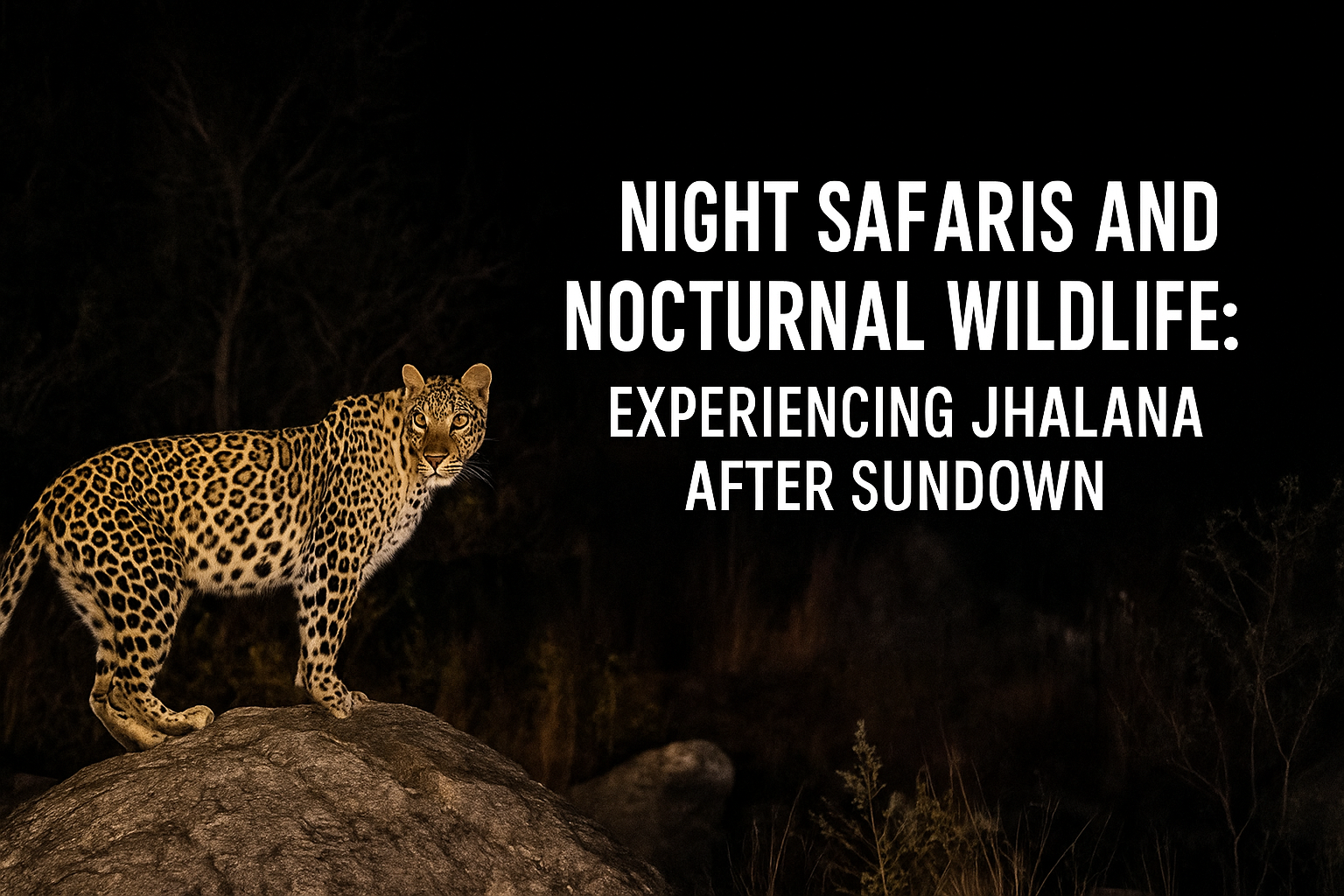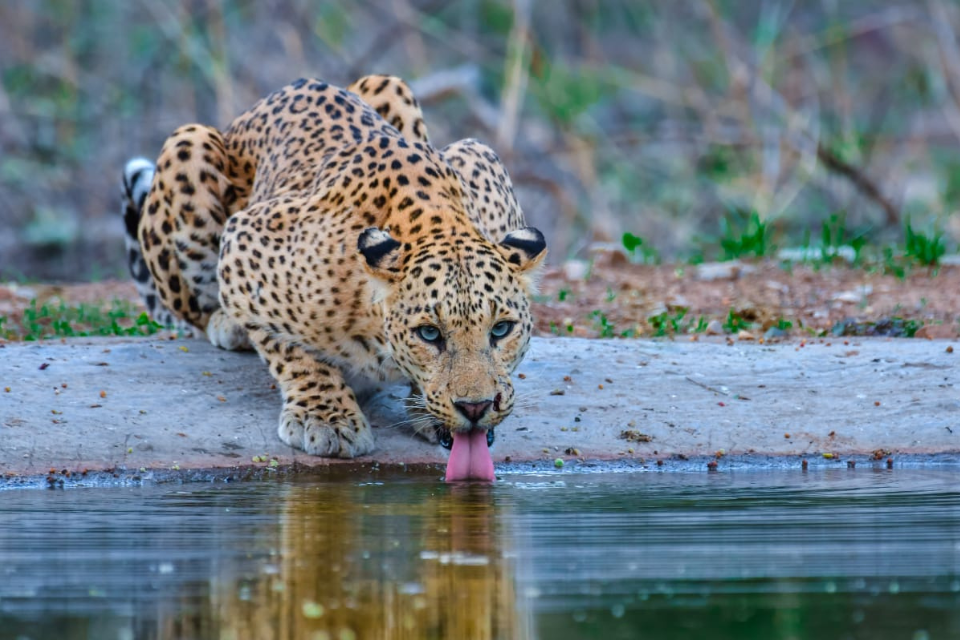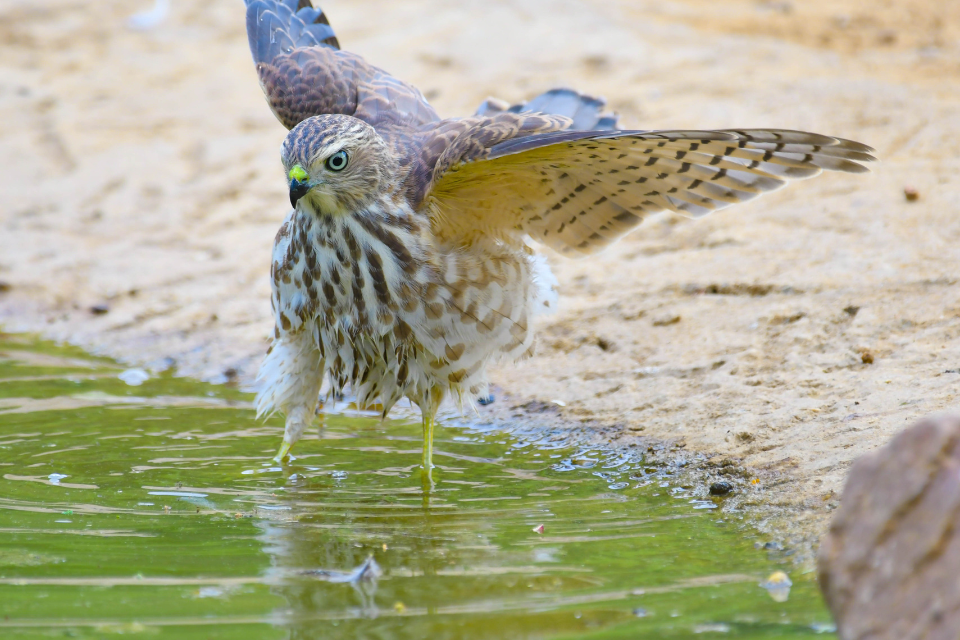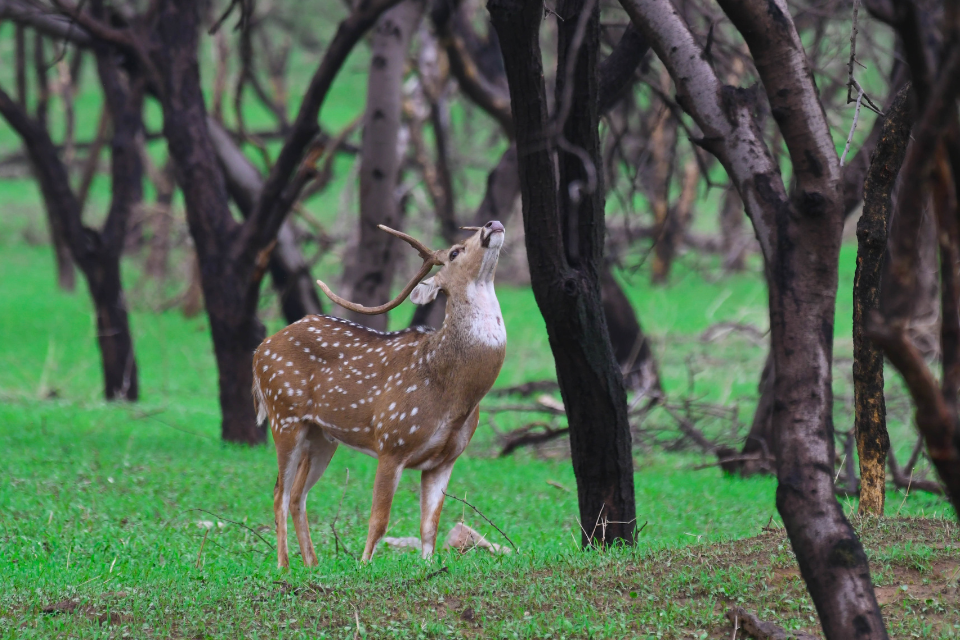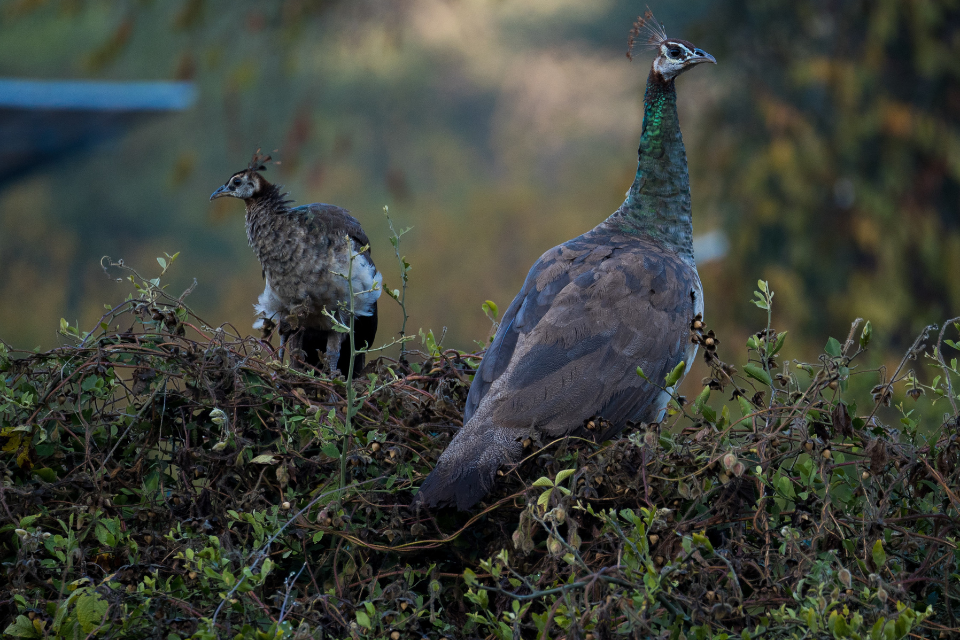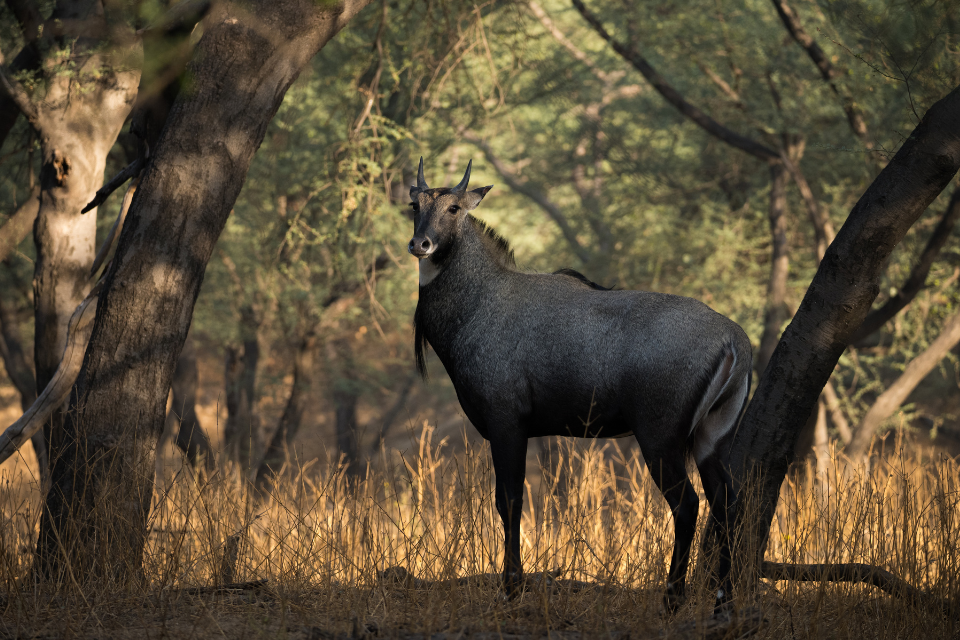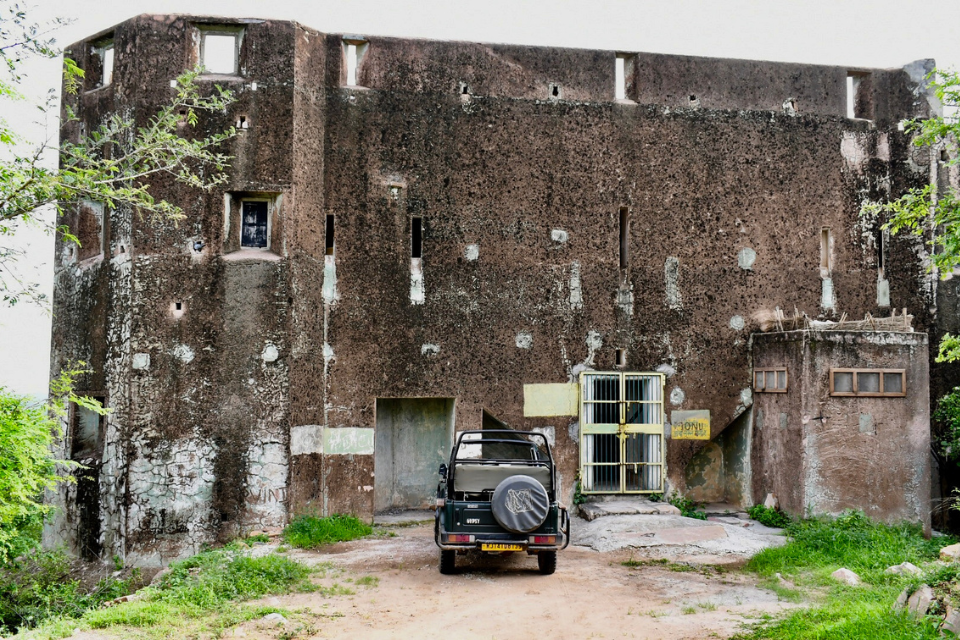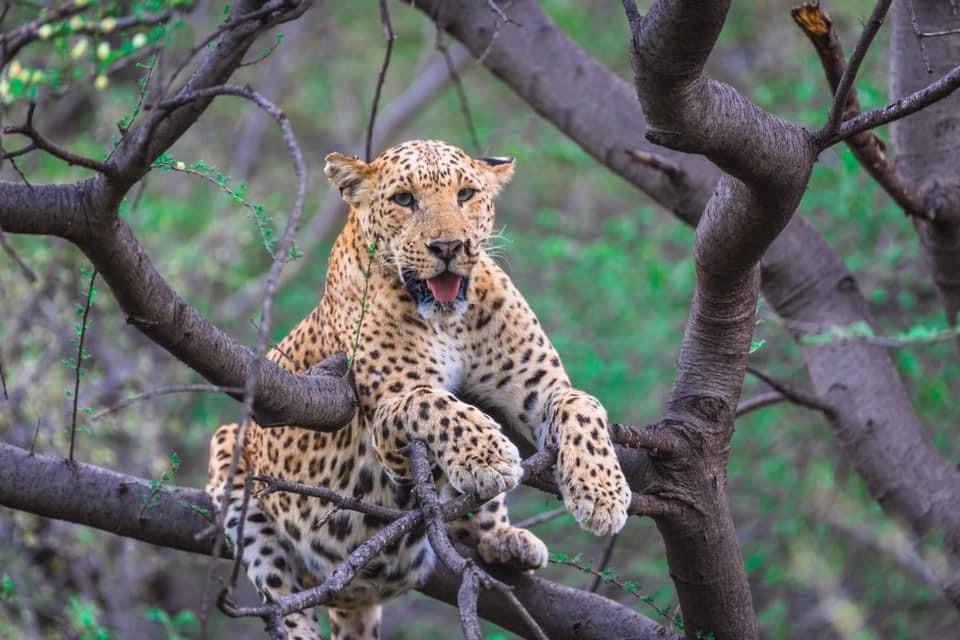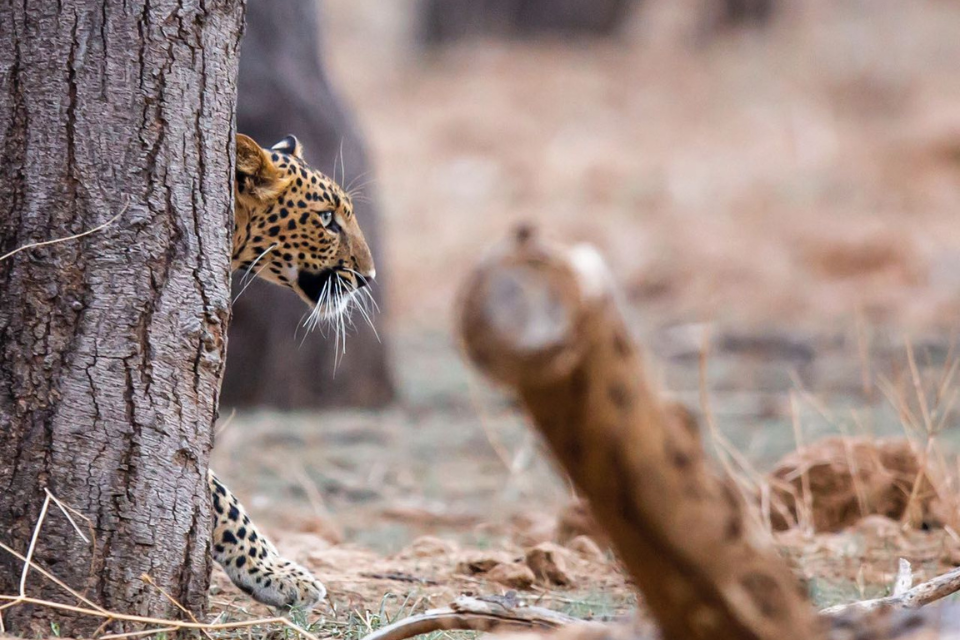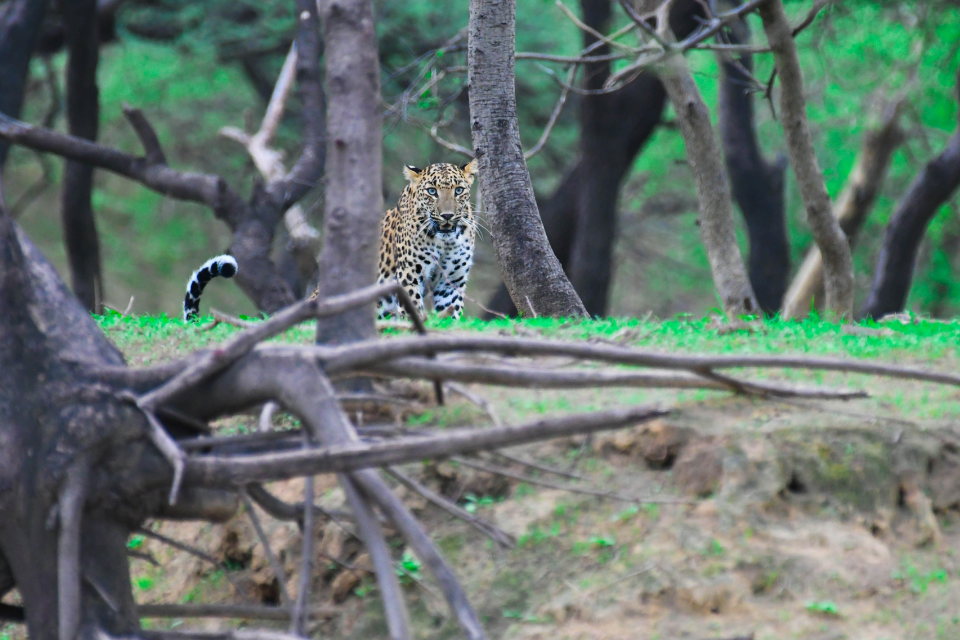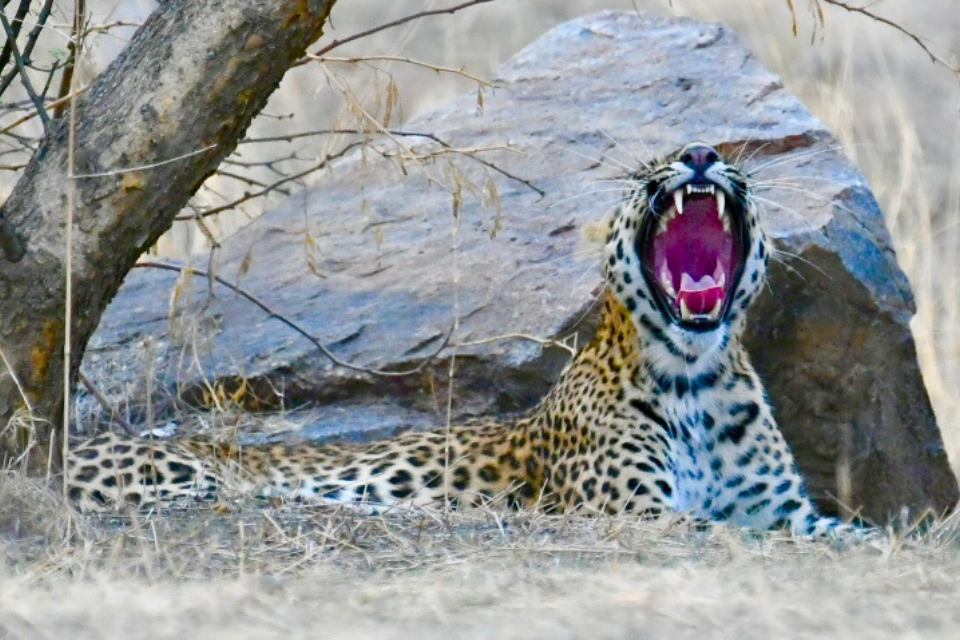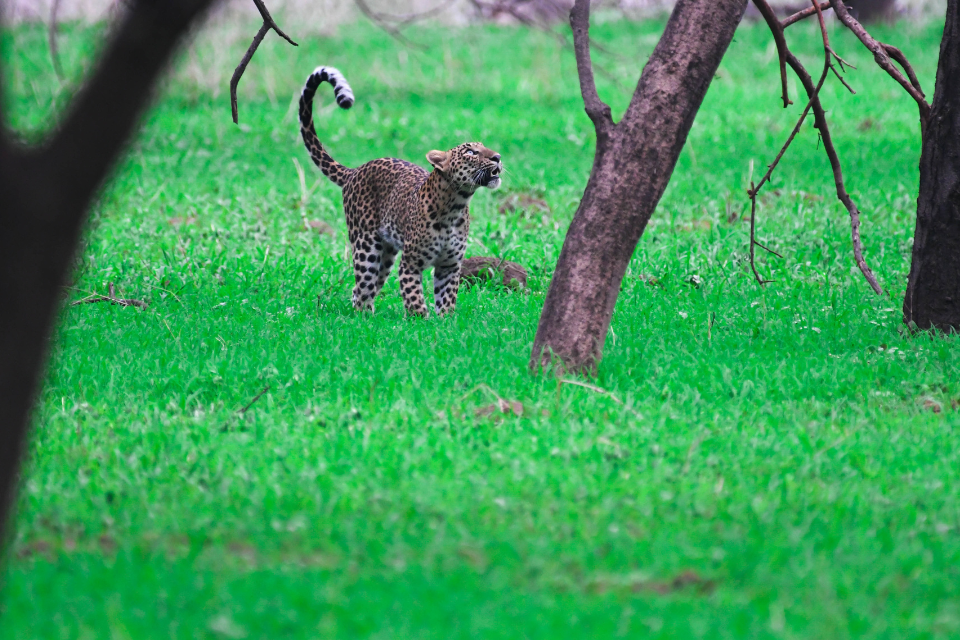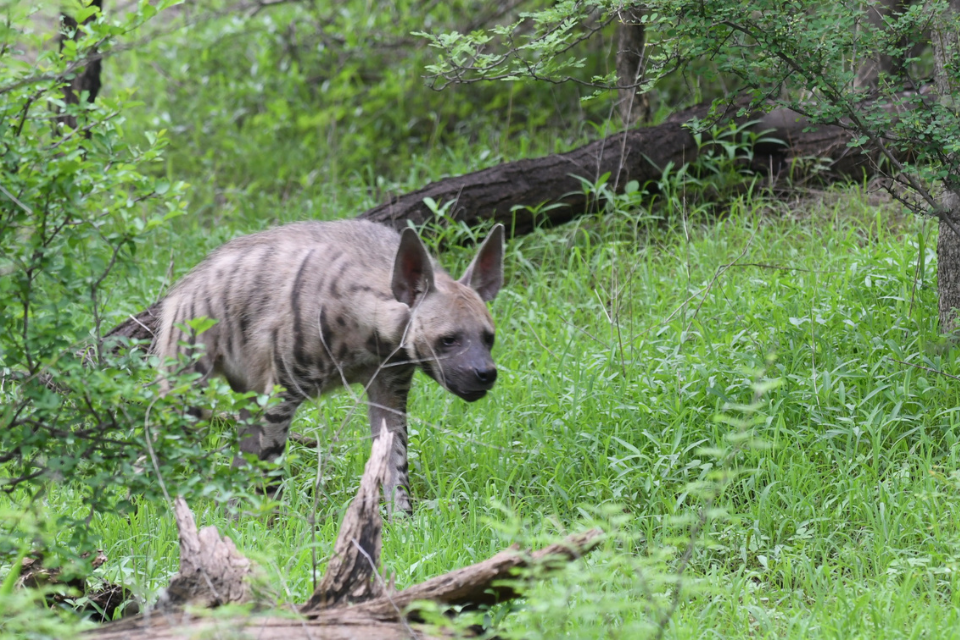- May 25, 2025
Night Safaris and Nocturnal Wildlife: Experiencing Jhalana After Sundown
Jhalana Panther Safari is famed for its daytime leopard sightings, but when the sun dips below the horizon, the real magic begins. A night safari in Jhalana unveils a hidden world—creatures of the dark emerge, unseen by the majority of visitors. In this detailed guide, we’ll walk you through everything you need to plan an unforgettable Jhalana night safari: from permits and safety protocols to the top nocturnal species you might encounter, the best times to venture out, and expert tips to maximize your experience.
- Why Choose a Night Safari in Jhalana?
- Unique Wildlife Encounters
Leopards, jackals, hyenas, and civets are predominantly nocturnal. A Jhalana night safari gives you a rare opportunity to observe these elusive animals in action—hunting, calling, and moving freely under a starlit sky. - Reduced Crowds & Intimacy
Daytime safaris can get busy. At night, small groups (4–6 guests) and fewer vehicles ensure a more intimate, immersive experience without the jostling. - Atmospheric Thrill & Photography
The interplay of moonlight, focused spotlights, and animal eyeshine creates unforgettable photo opportunities. It’s the perfect blend of wildlife adventure and heartfelt suspense.
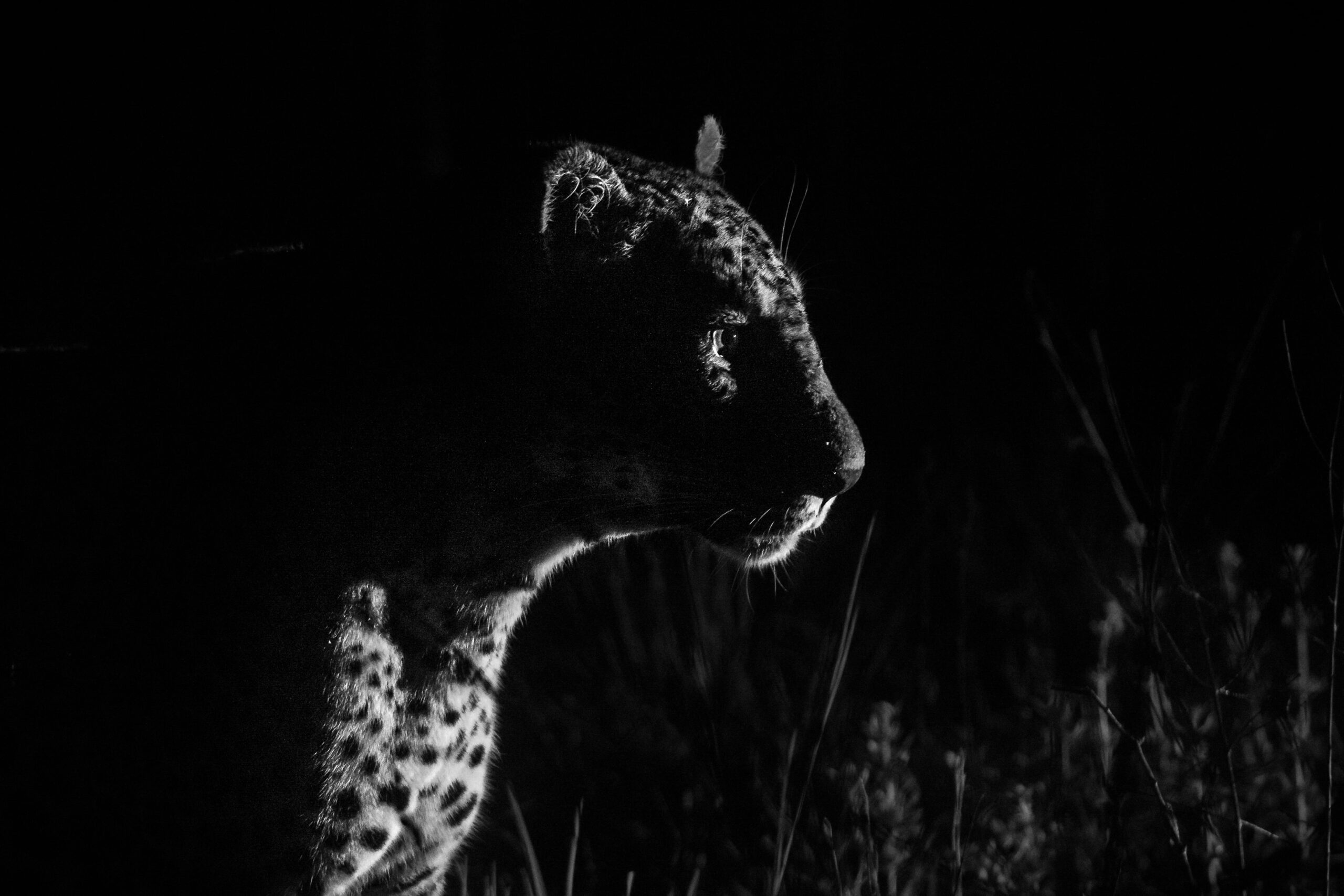
- Permits, Timings & Booking
Detail | Information |
Safari Window | 1st slot: 7:00 PM – 9:00 PM |
Permit Fee | As Per Season per jeep (up to 6 persons) |
Booking Channel | Rajasthan Forest Department e-portal or authorized tour operators |
Advance Reservation | Mandatory—slots are limited and often fill up weeks ahead in peak season |
Required Documents | Printed e-permit, government-issued photo ID (passport/driver’s license) |
Pro Tip: Aim for the earlier slot to catch dusk activity—the golden hour transition when diurnal animals settle and nocturnal ones start stirring.
- Safari Modes: Jeep & Guided Walks
- Open-Top Jeep Safari
Standard night-vision–equipped jeeps with roof-mounted spotlight rails. Ideal for scanning scrub and rocky outcrops. - Armed Walking Safari
For seasoned adventurers only, an escorted 2-hour trek along designated buffer trails. You’ll be flanked by an armed forest guard and a naturalist—perfect for listening to the forest’s nighttime symphony up close.
- The Top Nocturnal Species to Spot
Species | Key Behaviors | Likelihood |
Indian Leopard | On the prowl, hunting deer or boar | High |
Golden Jackal | Calling chorus (“beros beros”) near camps | High |
Striped Hyena | Foraging around carcasses | Medium |
Small Indian Civet | Scurrying on low branches | Medium |
Indian Fox | Silent trotter across open clearings | Medium |
Barn Owl | Pinpointing rodents with silent flight | Medium–Low |
Bush Quail | Small coveys flushed from grass | Low |
Wolf (occasionally) | Lone howls echoing at the forest edge | Rare |
Anecdote: During a night safari in January 2024, a guide named Priya led a group to a clearing where three leopards—two adults and a juvenile—crossed paths. Under the infrared spotlight, guests watched the mother teach her cub how to stalk motionless chital. Moments like this remind us why the Jhalana night safari is truly extraordinary.
- Best Months & Weather Considerations
Season | Months | Conditions |
Cool-Dry | October – February | 10–25 °C, clear skies, active wildlife |
Pre-Monsoon | March – May | 25–40 °C, fewer sightings after midnight |
Monsoon Closure | July – Mid-September | Sanctuary closed for safety & habitat |
- Peak Window: November through early March offers the most reliable sightings and comfortable temperatures.
- Avoid: The pre-monsoon heat (April–June) can see wildlife retreating into denser cover by 9:00 PM.
- Essential Gear & Packing List
- Infrared Binoculars/Spotting Scope – Enhances distant viewing without blinding animals.
- Camera with Infrared Flash – Standard flashes disturb nocturnal species; infrared units are wildlife-friendly.
- Warm Layers & Rain Jacket – Nighttime temperatures can drop rapidly after desert sunsets.
- Sturdy Closed-Toe Shoes – For safe ingress/egress during guided walks.
- Headlamp with Red Filter – Preserves night vision and avoids startling wildlife.
- Travel‐Size First-Aid Kit – Basic essentials plus water purification tablets.
- Thermos of Hot Beverage – A hot chai or soup can be a welcome comfort between safari legs.
Pro Tip: Label and secure all gear to avoid losing them in low-light conditions. Remove batteries from unused units to prevent drains overnight.
- Safety Protocols & Regulations
- Stay Seated & Buckled: In jeeps, remain seated at all times; sudden animal movements can jolt the vehicle.
- No Light Flashing: Flash photography and high-beam torches can disorient or stress animals.
- Follow Guide Instructions: Only exit the vehicle when expressly permitted, and always within sight of your escort.
- Maintain Silence: Whispering preserves the safari’s ambiance and maximizes your chances of hearing distant calls (e.g., jackals howling).
- Emergency Signals: Learn the jeep’s horn code—three short blasts mean “come back,” five mean “danger.”
- Accommodation for Night Safari Enthusiasts
Lodge / Camp | Proximity to Entry Gate | Night-Safari Perks | Approx. Rate (₹/night) |
Leopard Moon Camp | 2 km | Private spotlight sorties, midnight snacks | As Per Season |
Jhalana Jungle Retreat | 5 km | On-site naturalist, night-vision binoculars | As Per Season |
Jaipur Homestay (City) | 10 km | Early pick-up/late drop-off included | As Per Season |
Many lodges now offer “Night-Safari Packages” inclusive of pick-up/drop, light refreshments, and a post-safari debrief around a campfire—ideal for swapping stories and photos with fellow travelers.
- Responsible & Ethical Night Viewing
- Minimize Light Pollution: Use only guided spotlights; switch off headlights when animals are close.
- No Noise or Flash: Respect the forest’s natural soundscape.
- Support Local Communities: Book homestays or buy handicrafts from nearby villages—you’re directly contributing to the well-being of people who protect these forests.
- Share Responsibly: If posting photos online, avoid geotagging exact spots to deter poaching risks.
- Tips for Maximizing Your Jhalana Night Safari
- Arrive Early: Give yourself 15–20 minutes to settle in, adjust eyes to darkness, and chat with your guide about recent sightings.
- Build Rapport with Your Guide: Guides often share tips on animal movement patterns and secret vantage points.
- Rotate Seats: In small jeeps, take turns in the spotlight seat to get different viewing angles.
- Listen Actively: Many animals announce their presence vocally—listen for growls, hoots, and howls before turning on spotlights.
- Stay Patient: Wildlife moves at its own pace; silence and stillness often reward you with majestic encounters.
- Join a Full-Moon Safari: While not always offered, full-moon nights illuminate the forest naturally, reducing reliance on spotlights.
Disclaimer
All details—permit fees, safari timings, species behaviors, and accommodation rates—are accurate as of May 2025 but subject to change. Please verify current information with the Rajasthan Forest Department or your chosen tour operator before booking a Jhalana night safari. The author and publisher assume no liability for any actions taken based on this guide.
Disclaimer All images used in this blog are either sourced from public domain or credited to their respective owners. If you are the copyright holder of any image and wish to request its removal or proper attribution, please contact us at [email protected]
